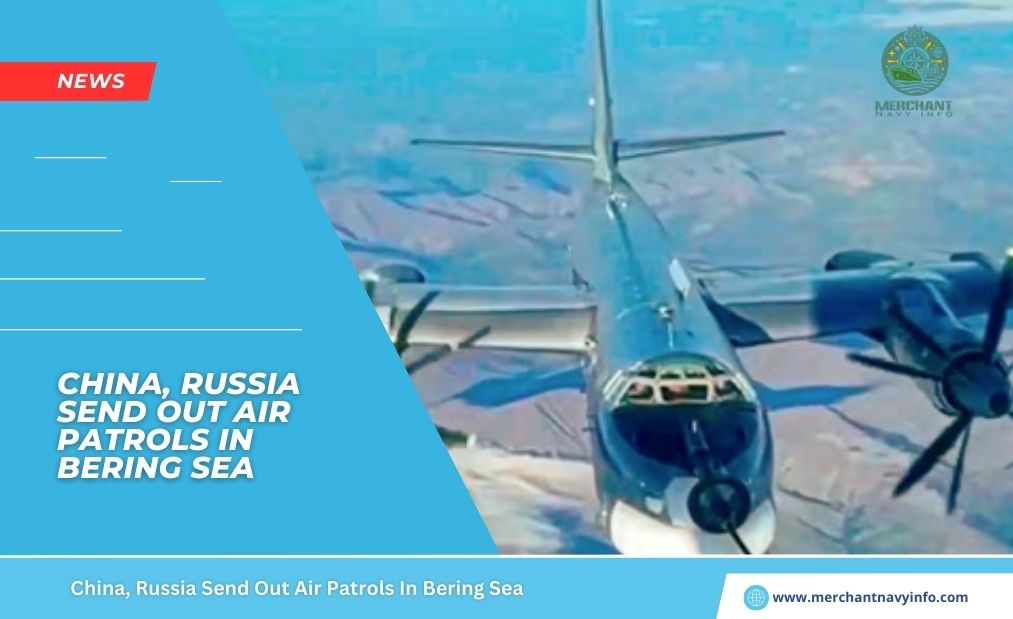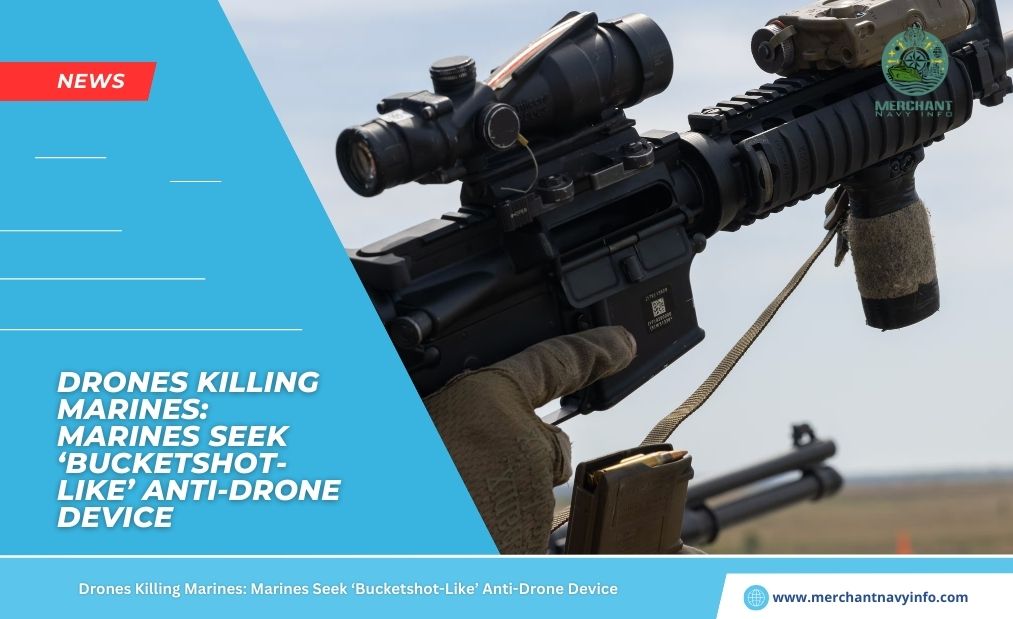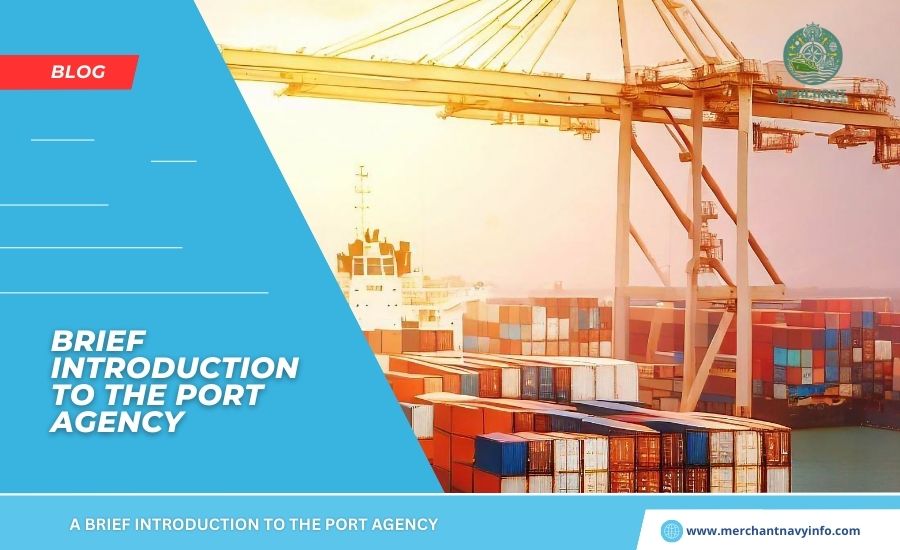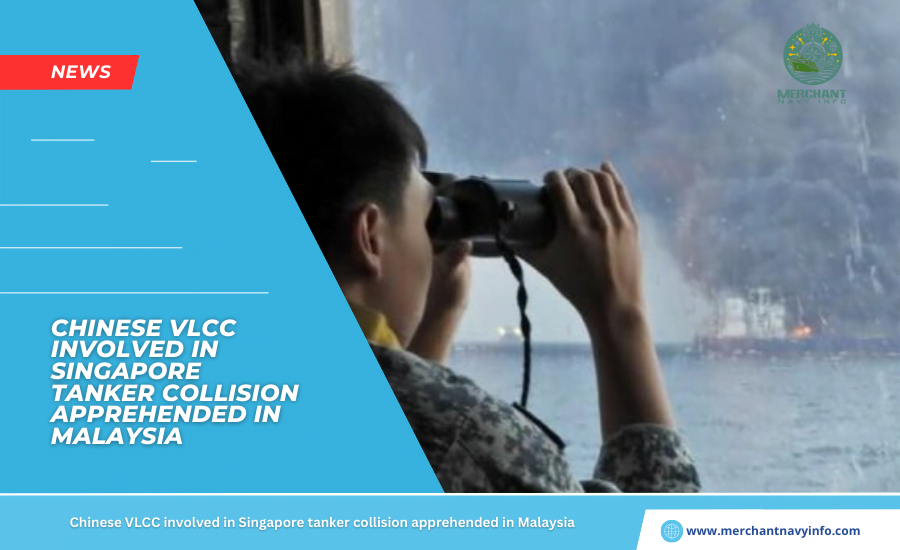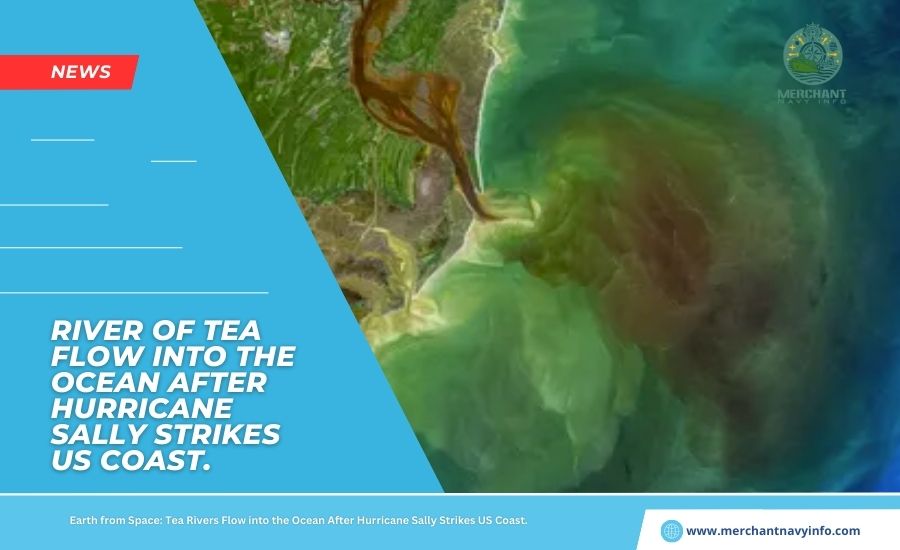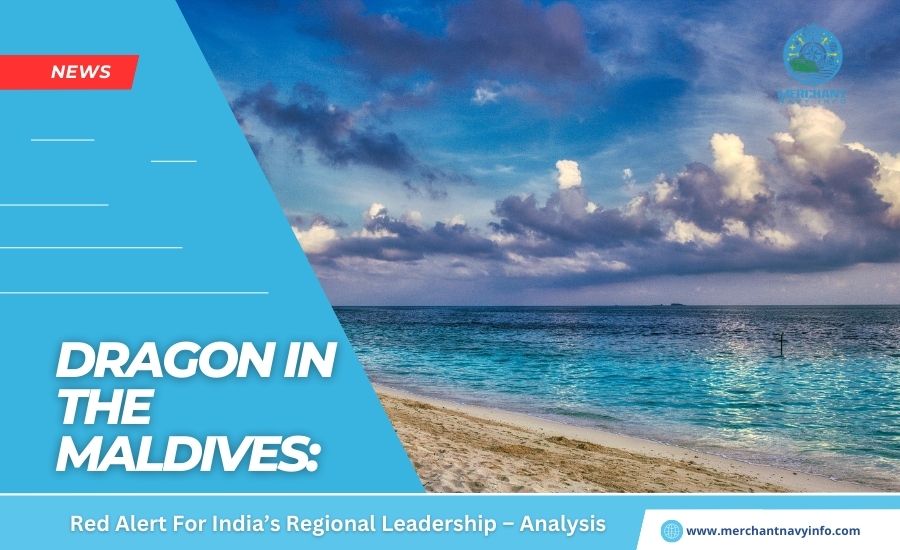
A small country, the Maldives was once best known for its pristine beaches and luxury resorts. However, it has now become a symbol of the strategic conflict between China and India’s in the Indian Ocean region. Against this backdrop, the Maldives is “emerging as a regional test case” and a vivid example of what can happen if China increases its interference in a small country. Since pro-China Mohamed Muiz came to power in September 2023, “India-out” actions in the Maldives have intensified. The highlight of this event was Mr. Muiz’s first official visit to China.
This contradicts the foreign policy traditions of India’s neighbors. Amid the tension, three Maldivian ministers made derogatory remarks against India. They are deliberately spreading offensive words against Prime Minister Narendra Modi. This led to a systematic escalation of tensions with India before Muiz traveled to China. During the visit, the two leaders announced the expansion of the Comprehensive Strategic Cooperation Partnership (2024-2028) and cooperation documents in areas such as Belt and Road Cooperation, economic and technological cooperation, blue economy and digital economy, and green development, supporting infrastructure construction and people’s livelihoods.
Chinese President
Chinese President Xi Jinping said, “Under the new circumstances, China-Maldives relations have a historic opportunity to build on past achievements and move forward.” China will exchange governance experience with the Maldives. He said that he is keen to strengthen the synergies of development strategies. He added that the two countries will promote high-quality “One Belt, One Road” cooperation and set new standards for friendly relations between China and the Maldives. It has become clear that the Muziu government is interested in implementing the “India Out” policy announced during the election period. The minister visited China with this message and expressed anti-India sentiments.
After completing a five-day official tour, Mujiu immediately announced that India must withdraw its troops by March. This is another example of how he portrayed himself and how strict he was against his anti-India mission.
Changing Perceptions
In 1998, India helped thwart a coup attempt by a Sri Lanka-based extremist group called the People’s Liberation Organization of Tamil Eelam (PLOT), organized by Maldivian businessmen. At the time, it was described as a model for the benevolent security role India could play in the Indian Ocean. Later, US President Ronald Reagan expressed his gratitude for India’s action, calling it a valuable contribution to regional stability. Had India not intervened in time, the Maldives would have come under the control of a small rebel group of only about 80 cadres who took control of the capital, Male, for 14 hours. Now, this country has given India a deadline to withdraw a small number of its troops from the archipelago!
India has provided the only security to the Maldives since its inception as an independent country. However, since 2010, a pro-China faction has emerged in Maldivian politics that seeks to convey that India need not be the sole security provider. Based on this, Muju urged the Indian troops to withdraw. Only 75 to 80 soldiers are stationed on some islands. After the 1998 coup, around 150 Indian troops were stationed in the Maldives for one year. At that time, no one in the Maldives advocated the expulsion of Indian troops. In this context, the presence of 75-80 Indian military personnel in the Maldives should not have been an issue, even if the Mujiu-led political elite is using this as a justification for its anti-India agenda.
Part Of A Larger Game Board
There was no crisis in bilateral relations between India and the Maldives until pro-China Abdullah Yameen came to power in 2013. Ever since China’s One Road, One Belt Initiative was launched, the Maldives has been in the shadows. There are many similarities between Sri Lanka and the Maldives in how China exploits the economic vulnerabilities and political instability of small countries to incorporate them into its sphere of influence. The Chinese government took advantage of the turmoil in Sri Lanka and exploited weaknesses in the government led by the Rajapaksa family. The Maldives incident is a clear example of how the Chinese government will not give up on power struggles in India’s neighboring countries.
China’s Goals Are Very Clear
It is to challenge India’s quest for regional leadership. China’s main strategy is to weaken India’s influence over its neighbors. China is trying to achieve this in two ways. One is to bring pro-Beijing political elites to power. Second, it protects such groups as essential forces in the decision-making process, even if they are unable to maintain power. China used the same strategy to expand its presence in Sri Lanka during the Mahinda Rajapaksa era. It is important to note that China’s strategy is working. Over the past two decades, China’s accession has created a situation in which India’s South Asian neighbors choose India, China, or both. China’s approach has had some success.
Twenty years ago, India’s neighbors other than Pakistan could not think strategically outside India. Thinking this way was like going under the knife. However, things have changed significantly now.Pro-China political elites have gained a foothold in most countries in South Asia. India’s neighbors seek to maintain the status of “open” geopolitical relations with the two Asian powers, not necessarily at each other’s expense.
How Will India Overcome This Challenge?
Will India’s soft power approach thwart China’s hard power approach? India must develop special resilience to cope with the growing challenges. It should consider establishing a single-country mission to China, as the United States (CIA) is doing. In 2021, the CIA established a new mission center focused solely on China. CIA Director William Burns said: The ‘shadow of the dragon’ in South Asia is growing as the challenge to China-manipulated India may exceed calculation.


